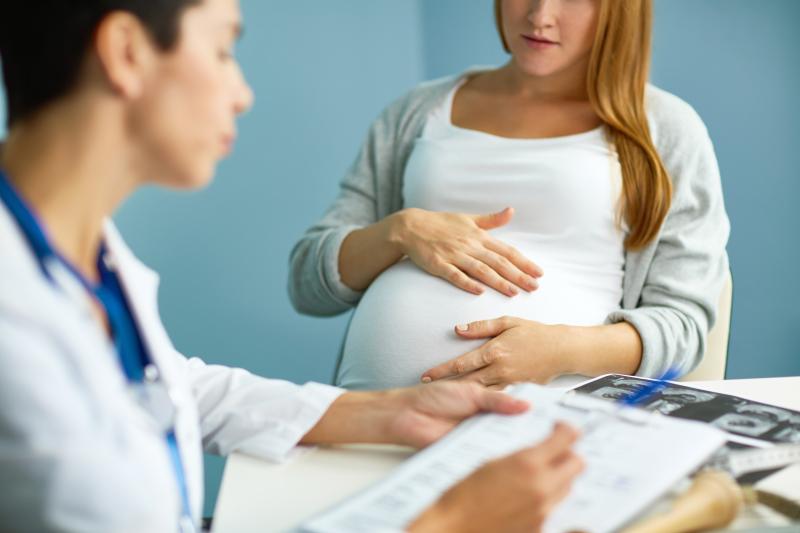
Maternal stress during pregnancy correlates with rapid weight gain of her infant, a recent study has found.
The study included 144 mother-child dyads. Maternal stress during pregnancy was categorized as objective (the number of stressful life events) or subjective (perceived stress and depressive symptoms). Rapid weight gain from birth to 6 months of age was assessed through birth records.
Unadjusted binary logistic regression models showed that enduring stressful life events during pregnancy increased the risk of the child rapidly gaining weight during early life (odds ratio [OR], 1.42, 95 percent confidence interval [CI], 1.15–1.75; p=0.001).
This was not true for prenatal perceived stress (OR, 0.83, 95 percent CI, 0.48–1.44; p=0.50) or depressive symptoms (OR, 0.98, 95 percent CI, 0.90–1.08; p=0.71).
Adjusting for potential confounders did not meaningfully alter the primary findings. Prenatal stressful life events continued to associate with rapid infant weight gain, such that each additional event carried a 40-percent risk of the outcome (OR, 1.40, 95 percent CI, 1.07–1.83; p=0.014).
Similarly, perceived stress (OR, 0.47, 95 percent CI, 0.16–1.37; p=0.17) and depressive symptoms (OR, 0.89, 95 percent CI, 0.76–1.03; p=0.13) were unrelated to rapid infant weight gain. Adjusting for these subjective stress markers likewise did not attenuate the link between objective prenatal stress and infant weight gain.
“Current findings suggest that preventive interventions targeting exposure to prenatal stressful life events may help reduce risk for rapid infant weight gain,” researchers said.